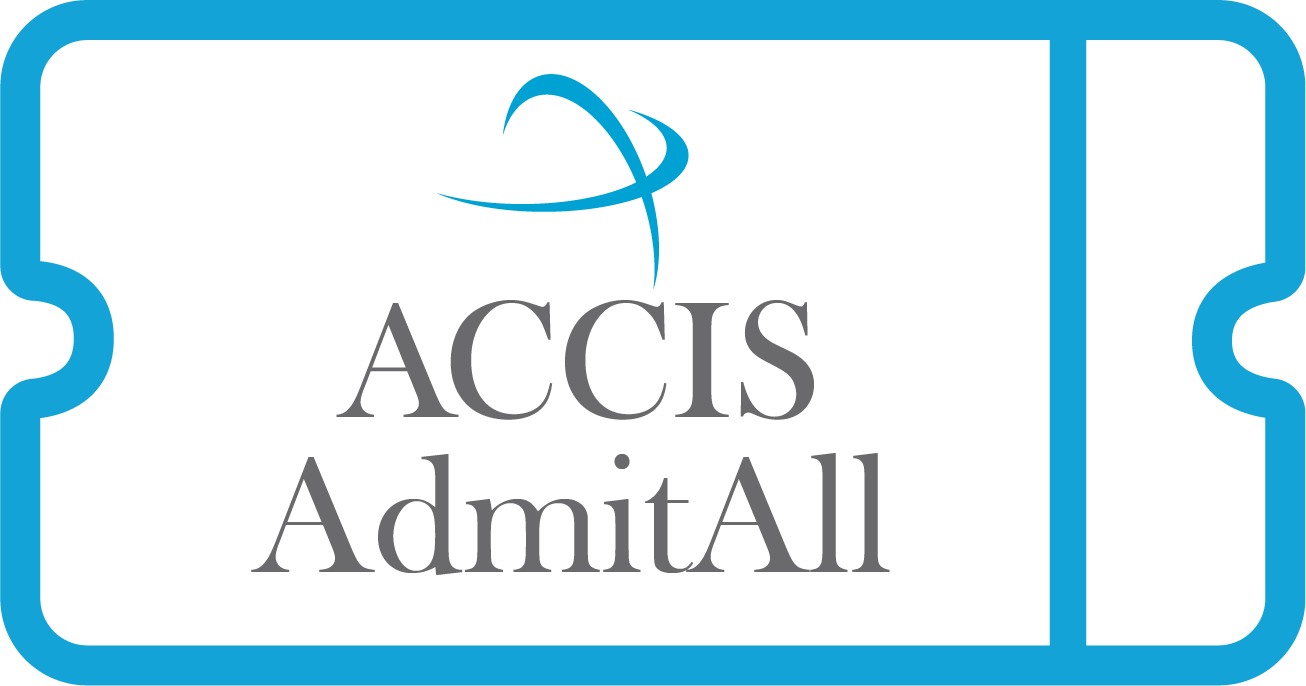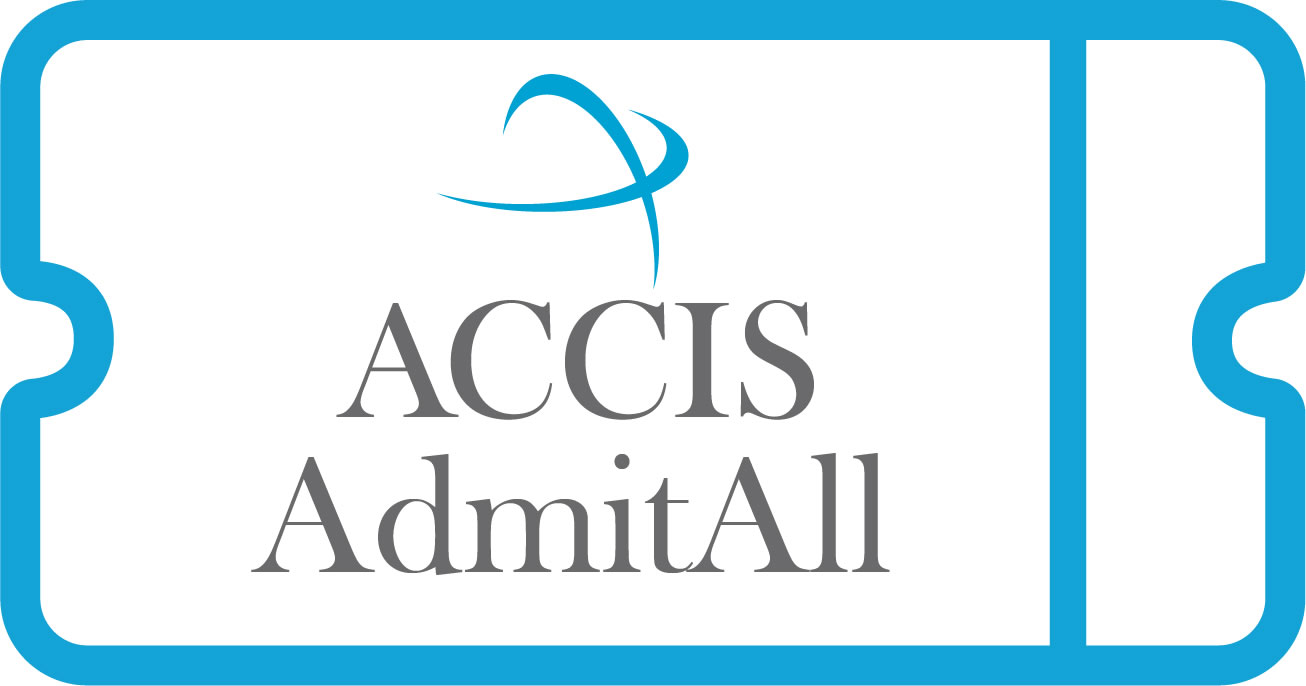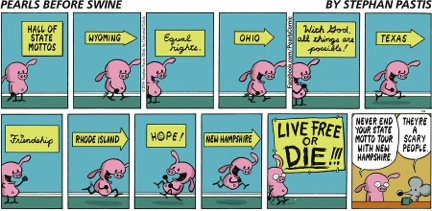And Then, You Wait
Kate Boyle Ramsdell
Director of College Counseling, Noble and Greenough School
“First you have brown, all around you have brown… then there are seeds… and a wish for rain.” –Julie Fogliano, And Then It’s Spring
When my older son was born, it wasn’t long before I was hooked on finding children’s books that I actually enjoyed reading aloud. I could only take so much of Hop on Pop and Moo, Ba, La La La. (Forgive me if those are family favorites!)
I stumbled across And Then It’s Spring during a mid-winter 2015 trip to a local bookstore. There were over 100 inches of snow on the ground in Boston. The book offered the promise of green. My seniors, the ones who hadn’t applied early or who hadn’t gotten in early, were waiting… and waiting… for their college news to drop. For most of them – for us – winter felt interminable. March and April weren’t yet tiny lights at the end of the long, blustery, college tunnel.
I have thought and written about the college process for a long time now – almost half of my life, which is a bit hard to swallow. And a topic I always come back to is this: why is waiting so darn hard? I know adults tend blame adolescents and their seeming inability to wait on social media and the instant gratification of posting, snapping, and tweeting. But waiting for college news was hard in 1992, when I didn’t have Facebook, or Snapchat, or Twitter. It just was. My life – my future – was hanging out there somewhere, not in cyberspace, but in a file in the back room of an admission office. We didn’t even have the distraction of our phones to help us pass the time!




